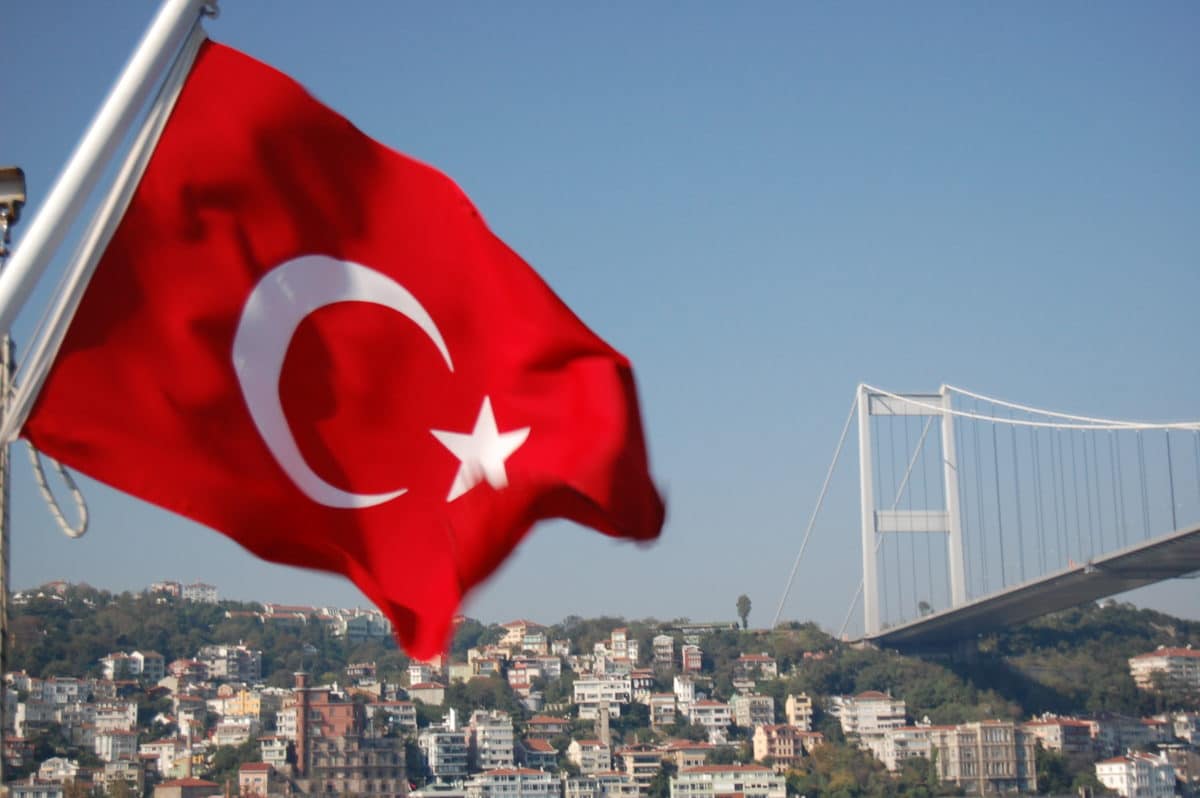Turkey's Ministry of Environment, Urbanisation and Climate Change has introduced new rules to simplify the deployment of self-consumption PV systems and solar arrays for irrigation that occupy surface areas of up 125 square meters.
“Agriculture is essential for the growth of [Turkey] and it is important to adopt methodologies and technologies to assist agriculture in providing food that is sufficient for the entire population,” Eren Engur, a board member of the Turkish solar association, Günder, told pv magazine. “We believe that with this new supportive regulation photovoltaic-powered irrigation systems will save labor and fuel cost in rural off-grid areas of the country.”
The new provisions state that both project typologies can be built without the need for construction permits. PV systems for irrigation must be built no more than 150 cm from the ground, with metal mounting structures. The new regulations also state that rooftop PV systems will have to comply with the aesthetic requirements of each building and the surrounding environment.
Turkey reached a cumulative PV capacity of 8.5 GW at the end of June, according to figures recently released by the Turkish grid operator, TEIAS.
This content is protected by copyright and may not be reused. If you want to cooperate with us and would like to reuse some of our content, please contact: editors@pv-magazine.com.




By submitting this form you agree to pv magazine using your data for the purposes of publishing your comment.
Your personal data will only be disclosed or otherwise transmitted to third parties for the purposes of spam filtering or if this is necessary for technical maintenance of the website. Any other transfer to third parties will not take place unless this is justified on the basis of applicable data protection regulations or if pv magazine is legally obliged to do so.
You may revoke this consent at any time with effect for the future, in which case your personal data will be deleted immediately. Otherwise, your data will be deleted if pv magazine has processed your request or the purpose of data storage is fulfilled.
Further information on data privacy can be found in our Data Protection Policy.